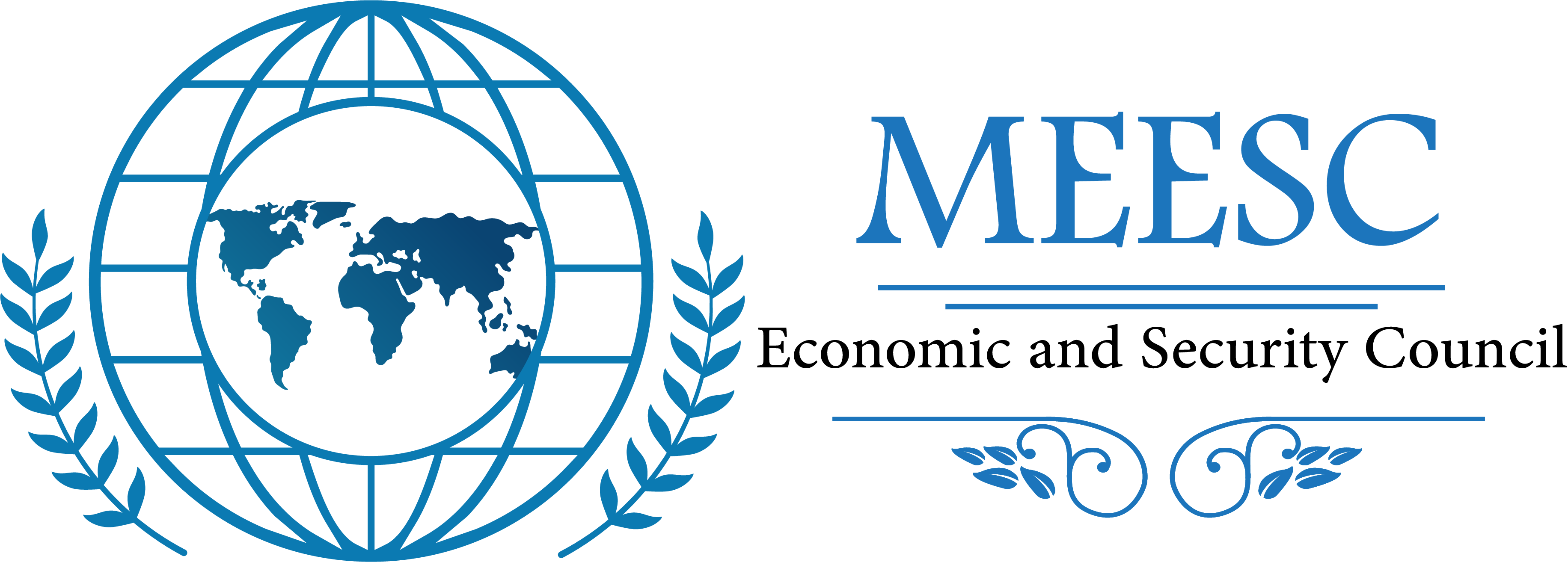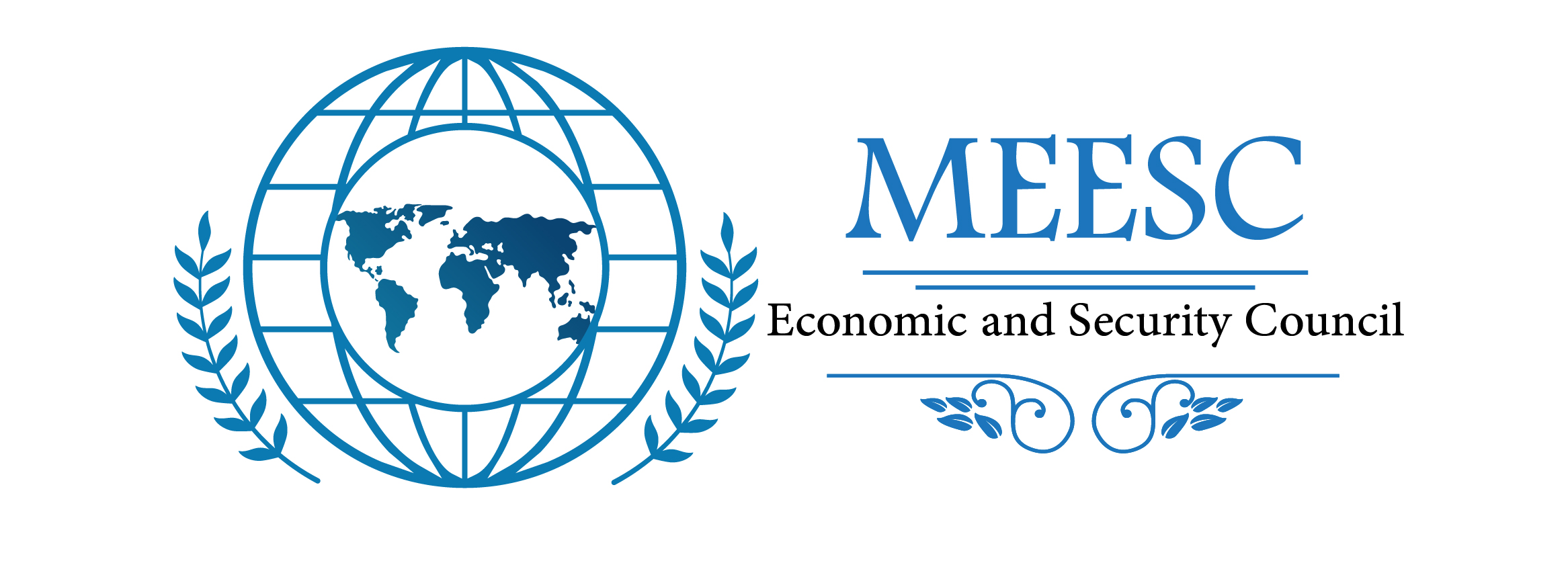A Middle East Economic and Security Council MEESC could provide numerous security benefits to the region by fostering collaboration, addressing shared challenges, and building long-term stability. Here are some key security benefits it could achieve:
1. Enhanced Regional Stability
• Conflict Prevention and Resolution: The council could act as a platform for dialogue to resolve disputes and prevent conflicts between member states, reducing the likelihood of war or internal unrest.
• Economic Security: By improving economic conditions through development programs, the council could reduce the economic drivers of insecurity, such as poverty, unemployment, and inequality.
2. Counterterrorism Coordination
• Intelligence Sharing: A regional council could establish intelligence-sharing mechanisms to combat terrorism and transnational threats more effectively.
• Unified Strategy: Coordinating counterterrorism strategies across borders would help disrupt extremist networks and financing, ensuring a collective approach to security.
3. Border Security and Immigration Management
• Joint Border Management: The council could facilitate cooperation on securing porous borders, reducing smuggling, human trafficking, and illegal arms transfers.
• Refugee and Migration Policies: Developing a unified approach to refugee crises would help manage population movements while addressing humanitarian concerns.
4. Cybersecurity Resilience
• Collaborative Cyber Defense: With increasing digital threats, the council could create a regional cybersecurity framework to protect critical infrastructure, financial systems, and communication networks.
• Cybercrime Prevention: Sharing expertise and technology could help combat cyberattacks and online propaganda.
5. Strengthened Defense Alliances
• Military Cooperation: The council could coordinate joint military exercises, training programs, and defense strategies to enhance interoperability and readiness among member states.
• Defense Industry Collaboration: Pooling resources for defense innovation and procurement could reduce costs and increase the region’s self-reliance.
6. Energy and Resource Security
• Protection of Energy Infrastructure: Securing oil and gas pipelines, refineries, and trade routes like the Strait of Hormuz would ensure the uninterrupted flow of energy resources, which is vital for regional and global stability.
• Water and Food Security: Collaboration on managing scarce resources like water and food could prevent resource-driven conflicts.
7. Economic Empowerment for Peace
• Job Creation: Economic development initiatives could provide jobs, particularly for youth, reducing the appeal of extremist ideologies.
• Trade Integration: Promoting regional trade would create interdependence among nations, discouraging hostilities and fostering economic ties.
8. Crisis Response Mechanisms
• Regional Rapid Response: The council could create a rapid response unit for addressing natural disasters, pandemics, or security emergencies.
• Early Warning Systems: Developing early warning systems for crises would help mitigate risks before they escalate.
9. Diplomatic Influence
• Unified Voice: The council could give the region a stronger, unified voice in global forums, enhancing its ability to advocate for regional stability and security.
• Global Partnerships: Establishing partnerships with international organizations and allies would bring additional security guarantees and resources.
10. Cultural and Educational Exchange
• Reducing Sectarian Divides: By promoting dialogue and understanding among different religious and ethnic groups, the council could address sectarian tensions.
• Education and Awareness: Programs focused on education and countering radicalization would reduce the ideological foundations of insecurity.
By addressing both traditional and non-traditional security challenges, a Middle East Economic and Security Council could be instrumental in building a safer, more prosperous region. Its success would depend on member states’ commitment, transparency, and cooperation.

